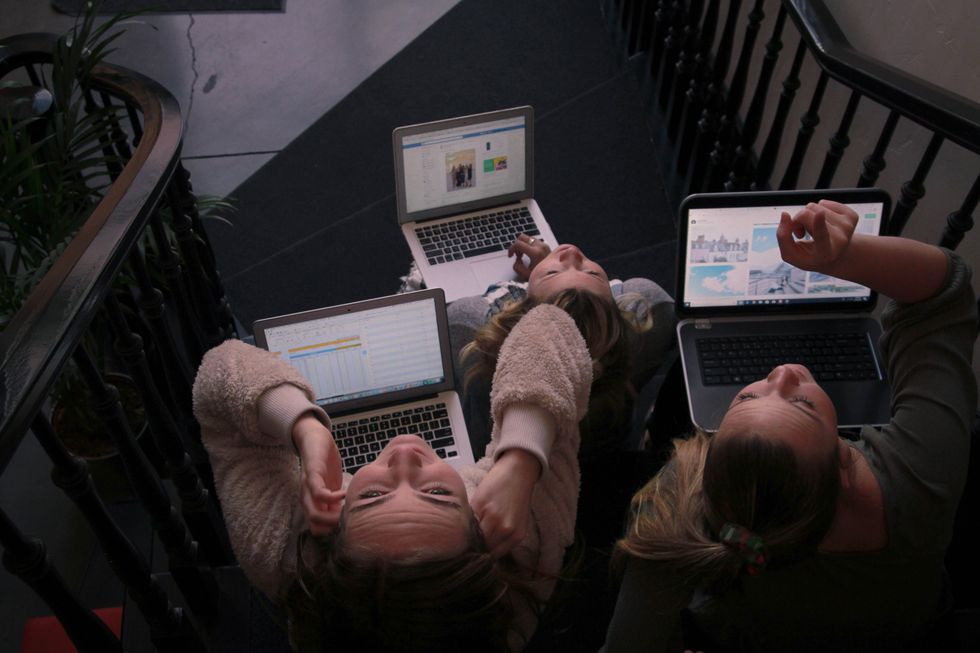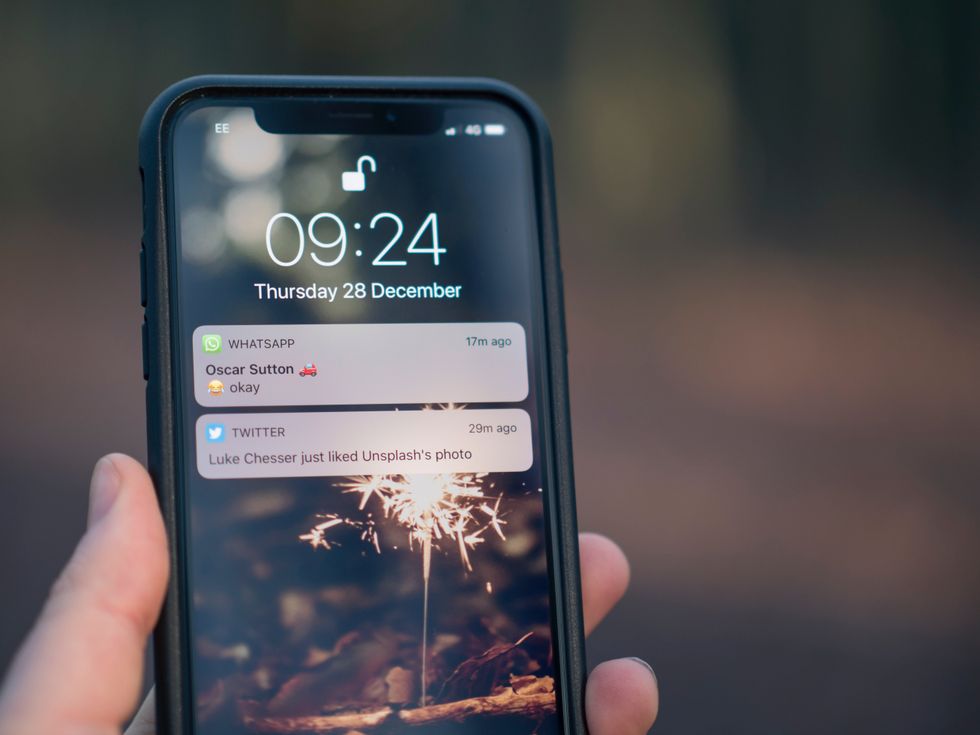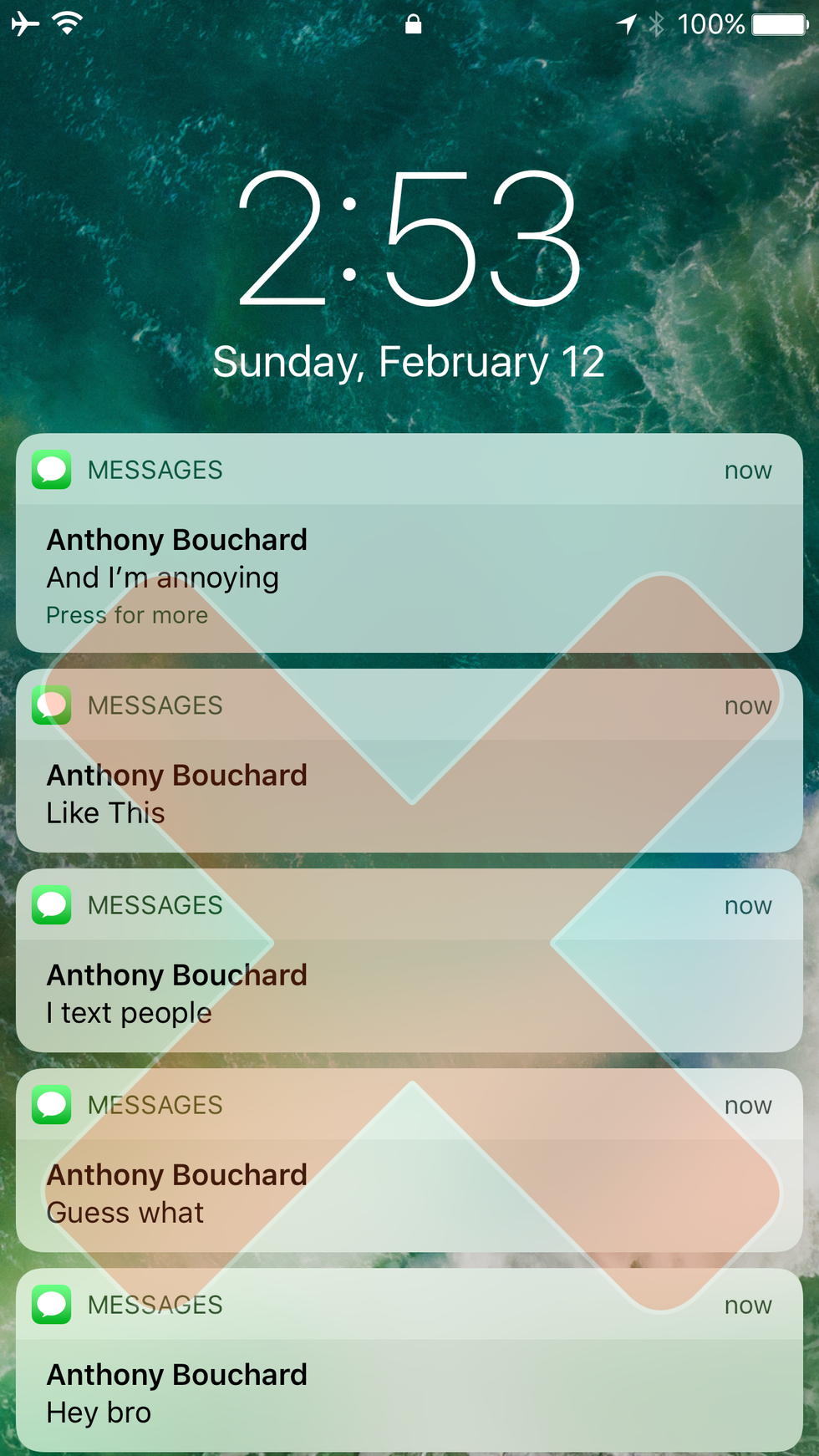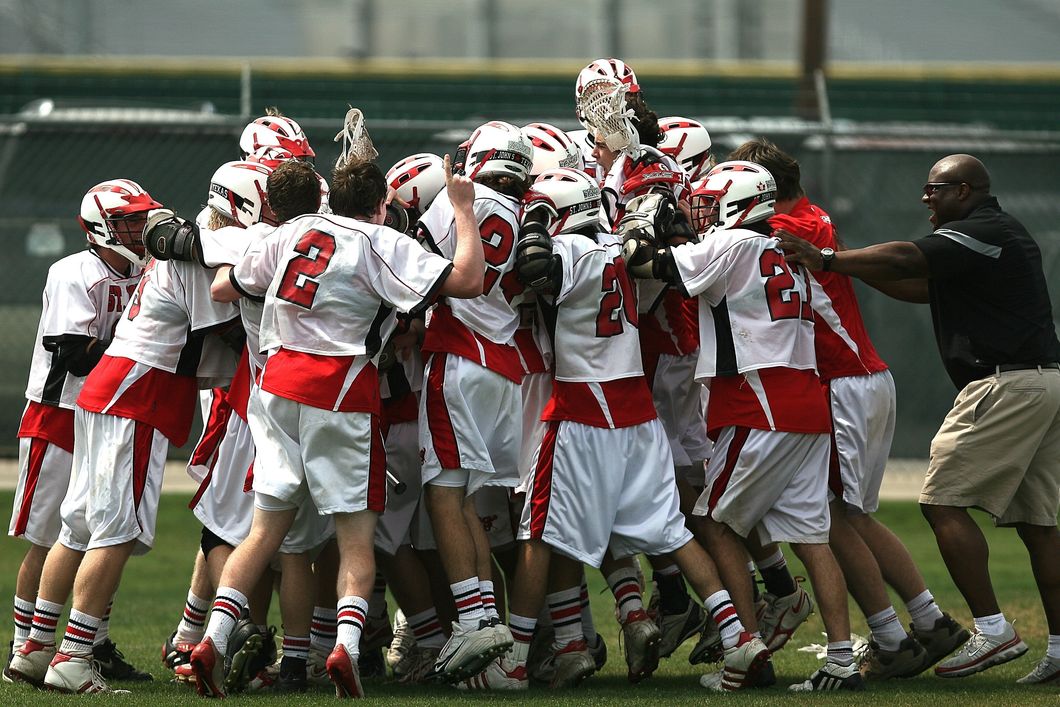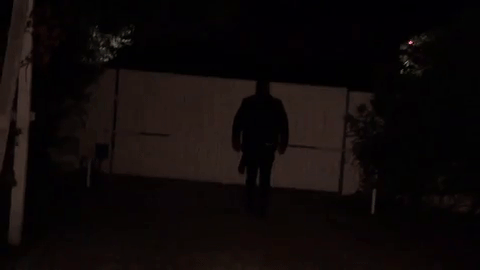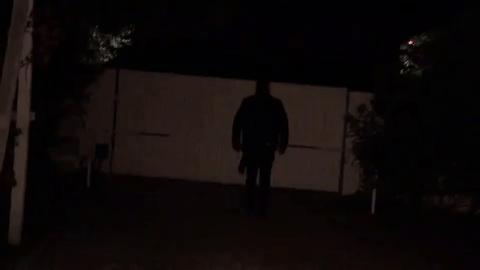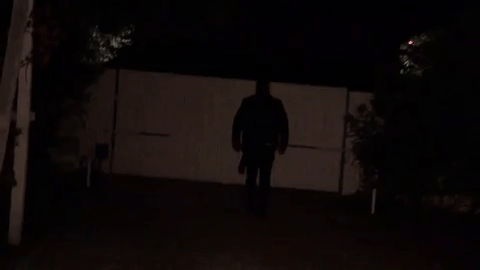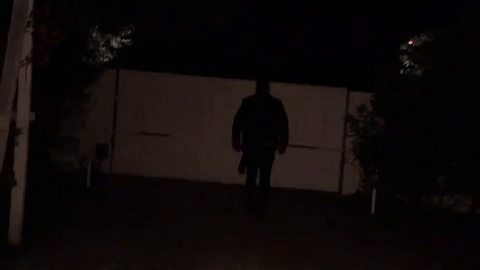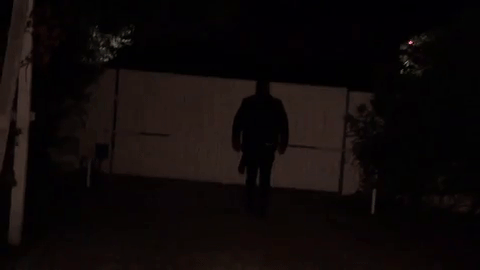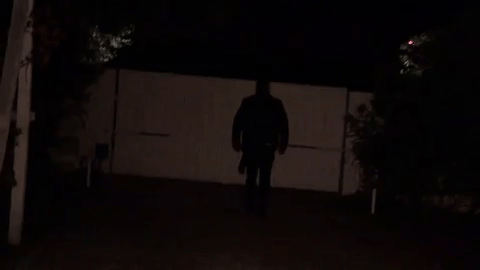7 Things To Keep In Mind When Doing Group Work
Reflecting on group projects and presentations now that summer is approaching.
Now that the semester is over and I've made it through the many group projects and presentations that my professors assigned, I'd like to take the time to speak my thoughts out into the world. Throughout my academic career, I've done a lot of group work and I've been in various roles during the processes. These are 7 things I think are important to either keep in mind or are tips for when going into group work.
Get some form of communication for everyone in the group right away, and stay in communication.
The very first thing you should do when doing group work is getting everyone's phone number and/or email. Especially if the project takes time outside of the classroom, you need to be able to contact one another in some way. Getting everyone's contact info is great, but it's no use if you're not being active and actually communicating with one another. It's good to stay active in group messages to keep everyone on track, especially if your team members need a little push to make sure they're keeping up with deadlines.
Start documents early on.
Often, it is most effective and efficient to start the document right away. I usually utilize GoogleDocs or GoogleSlides because they are accessible through any device, and they can easily be shared with group members through their Gmails.
Make everything look uniform.
It's easy to make a document, separate tasks, and leave it at that, but making everything flow together often warrants better impressions and therefore grades. If everyone makes their slides look different, it can be distracting and draw away from the information. At least one person should be assigned to go back through and make everything uniform and cohesive.
If you get to choose, think carefully about your team members.
It is usually a good idea to be in a group with people you are sort of familiar with, that way you can gauge early on how the project is going to go and how well everyone will work together. That being said, it's easy to be in a group with friends and goof off because you know they'll pick up the slack, which is not fair to them. No matter what, make sure everyone can at least be civil if not get along for the duration of the project.
Be an active contributor.
Speaking of, don't be the slacker, and don't bank on the accomplishments of your team members. No one likes a freeloader, and you can bet that it'll come back to bite you when it comes to evaluations. It doesn't matter if they're your best friend: if you didn't do your part or contribute, someone is going to put in the group evaluation that you didn't help, and it more than likely will affect your grade.
Allocate tasks to your strengths.
You want to spread out the necessary tasks evenly so everyone has an equal share, but you might want to think even further about how you separate it out. If someone is better with numbers, have them do the math based portion. If another member is creative, have them work on the layout and design of the presentation. This way, people will have a better grip on what they are doing and it will come together better.
Be honest with your professor.
Speaking of evaluations, make sure you're honest. If one or more of your team members doesn't do their part or weren't being helpful, let your teacher know. The whole team shouldn't be negatively impacted because of an individual's actions. That being said, if someone deserves their grade to be docked, being honest is a way for that to happen.








